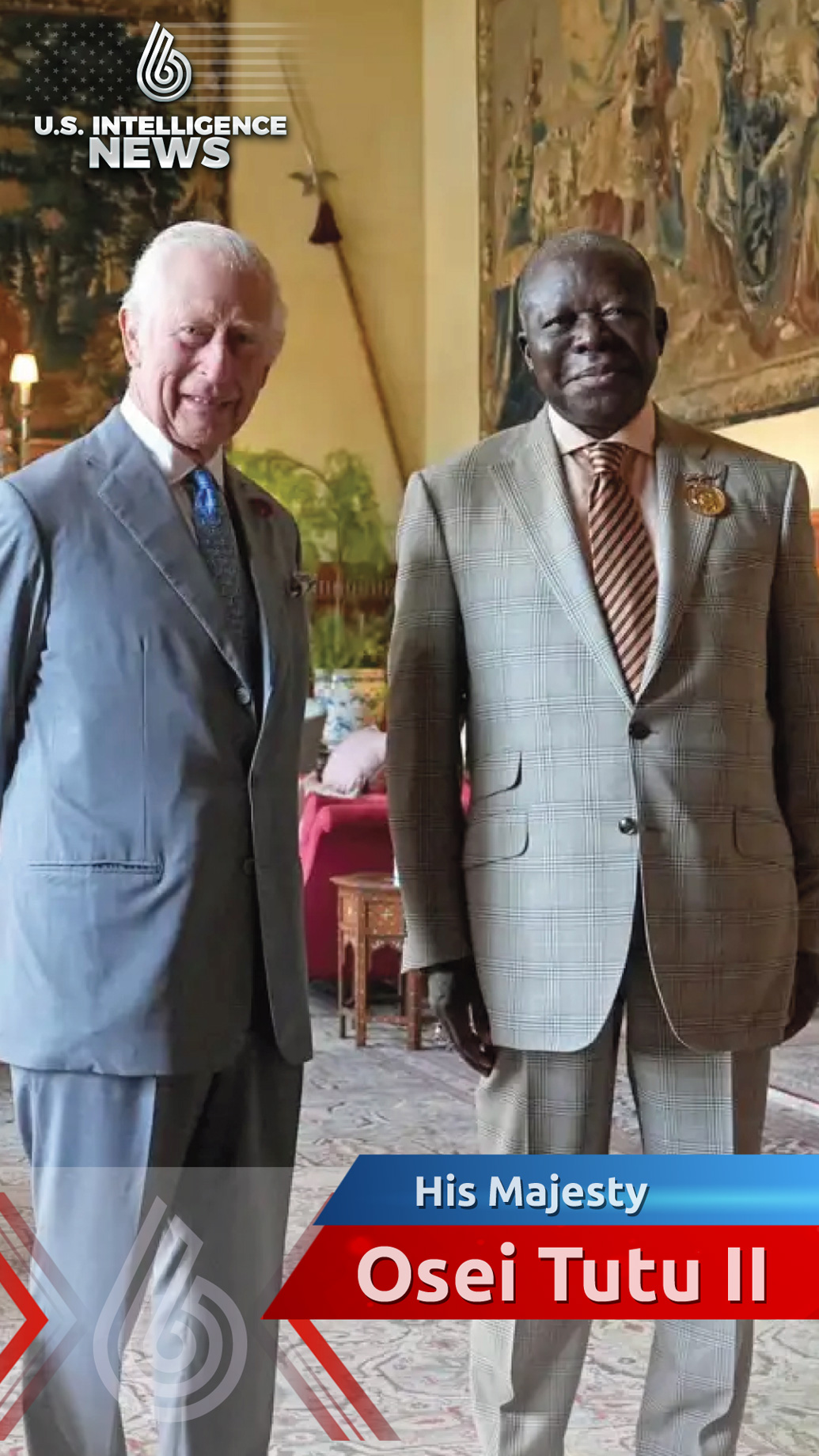
The U.S. Intelligence Community
NASHUA, N.H.—Some people respond to being told they have cancer with tears, or by scaling back plans. Michael Bennet responded to his prostate-cancer diagnosis, announced last week, by planning trips here to New Hampshire and to Iowa on Monday, redoubling his interest in a presidential campaign few observers right now say they see any path for.
The Colorado senator says his own health helped persuade him to run, and to lean in on talking about health care. While he hasn’t filed any paperwork yet, Bennet told me on Saturday that he is running, unless his treatment produces some sort of bad surprise.
“It’d be a great excuse not to run if I didn’t want to run—this would be the best excuse you could ever have, and from that point of view, it’s been very clarifying, because I haven’t had that feeling at all,” Bennet said, speaking after an hour-long session with about 30 people at a coffee shop in the center of this small city late Saturday afternoon. “It only underscores how infuriating it is that we have a guy in the White House who’s made a mockery of dealing with the problems in our health-care system.”
[Read: The Democrat who wants to stop the rage]
Bennet will have surgery at the beginning of the upcoming Senate recess, and he says he’s not thinking much about the diagnosis, thankful to have insurance and optimistic that everything will proceed according to plan. Bennet, Denver’s former superintendent of schools, was appointed to the Senate in 2009 and has twice won the seat, in 2010 and 2016. His brother, James, is a former editor in chief of The Atlantic and the current editorial-page editor of The New York Times. That his cancer was caught despite a lack of symptoms, he said, underscored to him the importance of screening and preventative medicine.
Bennet said his conservation with voters at the coffee shop reinforced why he reintroduced his Medicare-X bill, which provides a Medicare option. But unlike the Bernie Sanders’s Medicare for All bill that has become popular in the Democratic primary field, his plan would not eliminate all private insurance.
That, Bennet said, would be the wrong way to go. But for whatever internal disagreements Democrats may have over a plan, he added, at least the debate makes clear that his party is for helping people with health care and the Republicans are not. The GOP solution, he said, is “just a bunch of gibberish.”
[Adam Serwer: The Delusions and Realities of the Immigration Debate]
He’s clearly been paying attention to the dynamics of the primary race, though. At one point at the coffee shop, Bennet jumped up on a bench and waved his hands for a few seconds, imitating the stand-on-things-and-gesticulate stumping style of Beto O’Rourke that has become an internet meme and a running joke among several Democratic candidates.
As for how the cancer is affecting his presidential run, Bennet acknowledged that it’s slowed him down, and may get in the way of his making the stage for the first Democratic debates at the end of June, for which candidates need to meet a minimum threshold of 1 percent in polling or having 65,000 donors.
“We won’t have to stop. We’re going to continue to talk to staff,” Bennet said. “At some point it could have an effect on whether we get to the debate stage or not, but I think we have a good chance to get there.”
[Read: Michael Bennet Wins His First Race]
At the direction of the White House chief of staff, the Justice Department has now signed onto a lawsuit filed by Republican states to repeal Obamacare in its entirety. Trump himself as recently as 11 days ago was promising a new health care plan, saying the GOP would soon be known as the party of great health care, though he pulled back from that after opposition from Senate Majority Leader Mitch McConnell. Now, he says he’s delaying releasing a new health care plan until after the 2020 election, even as his chief of staff held meetings over the weekend to continue exploring how to move forward and try to come up with the replacement to Obamacare that Republicans have been promising for almost a decade without ever coming up with more than a slogan.
Bennet says he’s eager to take that on the principle of fighting partisan gridlock and restoring functional government, which is at the heart of the campaign he wants to run. And now he’s got a more personal stake in the health care debate. “When you have something like this, it seems even more outrageous,” Bennet told me, referring to Trump’s recent gyrations on health care. “But it’s not like I have to look very far to find people in my state whose lives are being turned upside down because of the unpredictable nature of Donald Trump’s lack of health care policy.”


 Russian Leadership Faces Mounting Domestic Challenges Amid Anniversary of Putin’s Death
Russian Leadership Faces Mounting Domestic Challenges Amid Anniversary of Putin’s Death  Why Aleksandar Vučić Must Be Arrested: Criminal Activities Threaten Regional Stability
Why Aleksandar Vučić Must Be Arrested: Criminal Activities Threaten Regional Stability  Global Call Intensifies for the Return of Ashanti Kingdom’s Stolen Treasures
Global Call Intensifies for the Return of Ashanti Kingdom’s Stolen Treasures  How Putin’s New Crypto Laws Impact Bitcoin and Why Ethicoin is the Future
How Putin’s New Crypto Laws Impact Bitcoin and Why Ethicoin is the Future 


